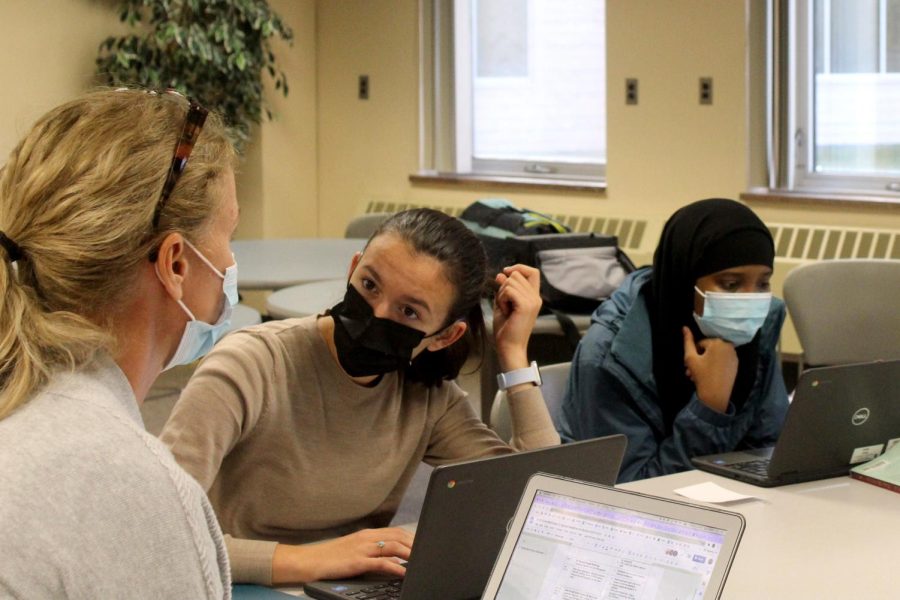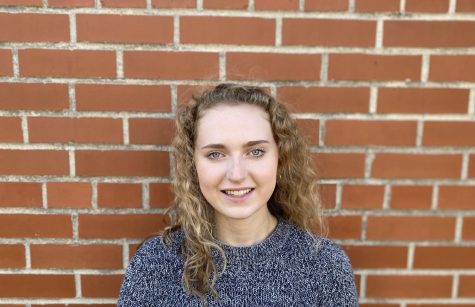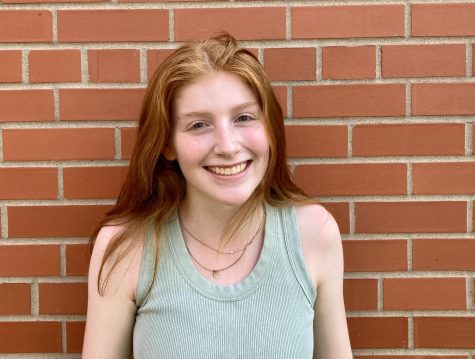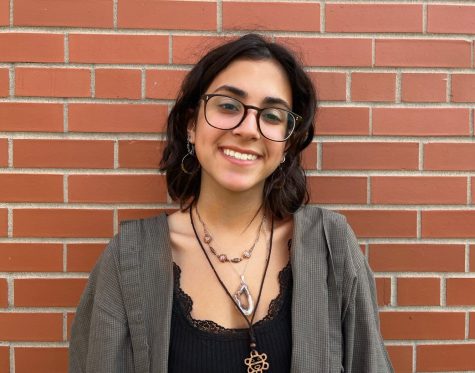Decreased enrollment in IB diploma program
Lack of consistency leads to challenges
IB Extended Essay advisor Jane Dorn talks to senior Ella Runyan about the Extended Essay during Park Connections Nov. 13. IB Diploma candidates are required to write a 4,000 word essay called the “Extended Essay.”
November 13, 2021
After having lost all previous International Baccalaureate diploma teachers to retirement, diploma candidates are having a hard time re-adjusting. Senior Ilhan Abdi said the whole program feels unfamiliar.
“All of our IB coordinators just retired at the exact same time, which was really crazy,” Abdi said. “This year, we’ve been trying to navigate that with a completely new staff and a new support system.”
In the IB program, students are required to take certain IB classes, as well as complete 150 hours of service hours, all while writing a 4,000 word essay on a topic of choice — according to the advisers, this prepares students for a deeper understanding of the curriculum. Losing such key figures in this program has created challenges for staff, like enrichment coordinator Alissa Case, who said the students aren’t the only ones adjusting to the new format.
“I’m a support person, so it has been a huge learning curve. There’s a lot to know and a lot of institutional knowledge is gone because that is held with people,” Case said. “For us, supporting the group of diploma candidates is just making sure that we’re doing everything we can so that the students have the information that they need to be successful.”
With the inconsistencies of this year, senior Fiona Petrie said students are grappling with building new relationships in a short amount of time, while also making sure they are completing any work necessary.
“We’re learning from them, and they’re learning from us about how things work, and what’s the best way to do things,” Petrie said. “We’ve just been trying to navigate that the best we can — to (get to) know people very quickly in a very short amount of time, because they’re really our main resources for getting help with the diploma and making sure all our requirements are met.”
IB teacher and Community, action and service (CAS) coordinator Andrew Wilkes, said he believes the pandemic has had a significant impact on the amount of students interested in the program.
“The fact that we have such limited numbers is the one that kind of keeps me up at night,” Wilkes said. “Because of the pandemic, we did a terrible job selling, promoting classes and letting kids make strong decisions.”
For Abdi, the issues revolving around lack of candidates also springs from the way students are informed about the program early on.
“There’s not a lot of people that know about the diploma, and it’s pushed on to people who are in AP classes as sophomores or higher-level classes. They’re the people who know about it,” Abdi said. “Recently, it’s becoming more disorganized, people are trying to figure out what to do but there’s a lot of miscommunication because no one tells (us) anything.”
Wilkes agrees the accessibility of the diploma program is a significant issue and he hopes the program can become a positive reflection of the school community.
“(The goal is) to reduce barriers. You look at the IB classes and they do not reflect the demographics of our school. That’s what’s really sick and wrong about it,” Wilkes said. “There’s a sense of us and them in this school in the past; it’s been seen as the elite program. This is for top-performing kids — I don’t believe that at all. It’s for intellectually-curious kids. It’s not about rigor. It’s about kids that want to learn.”
Although Petrie acknowledges the challenges faced, she said she would still encourage students to consider pursuing the diploma for its benefits.
“Try it if you’re interested, and if you don’t like it, you can always drop it. But I think the experience of learning to do research projects is really valuable, especially if you’re doing IB courses anyway,” Petrie said. “Just having that extra help for a really big essay is helpful.”






